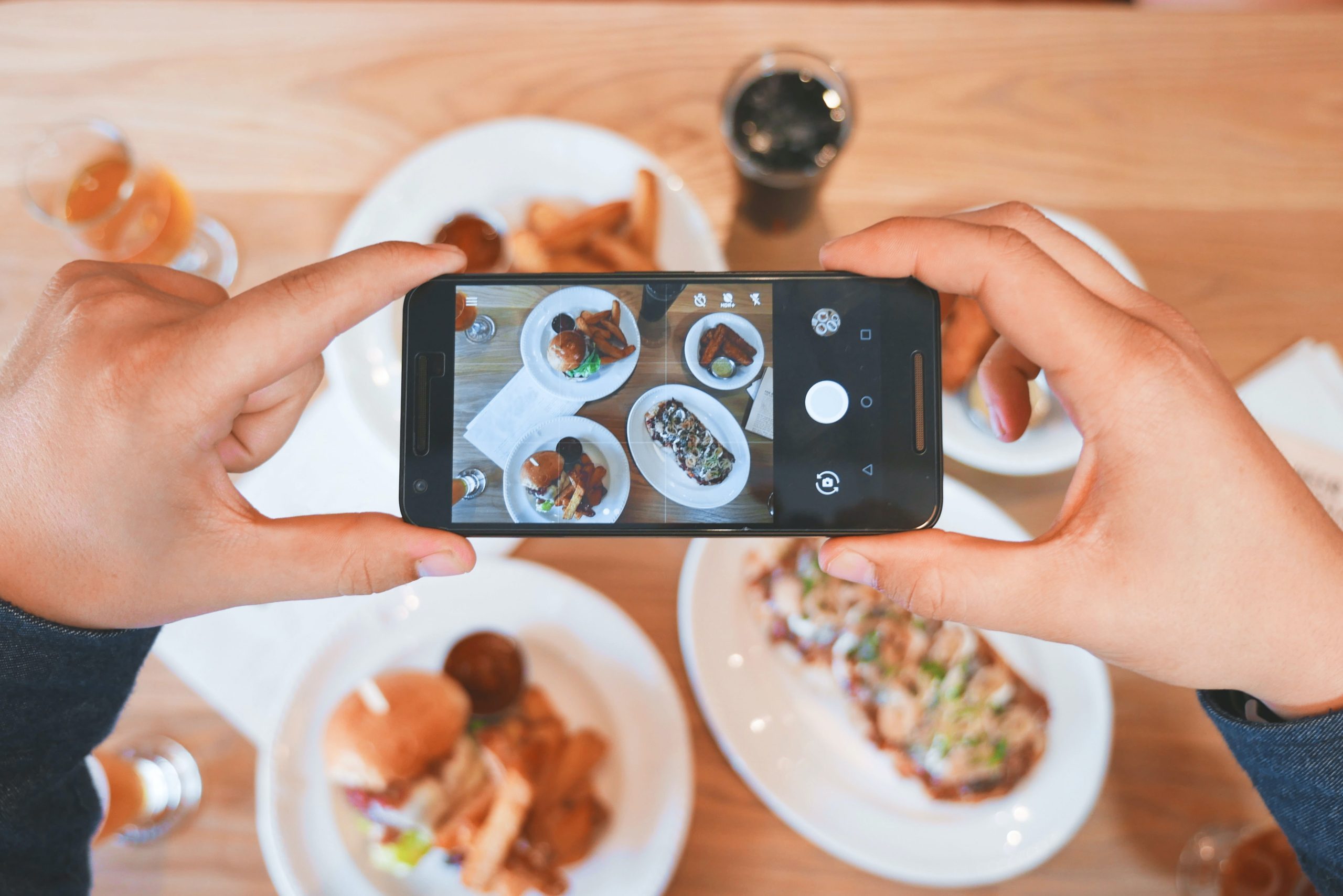 Many people use their smartphone regularly throughout the day for a variety of uses, from connecting with friends to ordering dinner. But could an interactive app help people to lose weight?
Many people use their smartphone regularly throughout the day for a variety of uses, from connecting with friends to ordering dinner. But could an interactive app help people to lose weight?
Background
This need has grown recently due to the combination of increases in average daily energy intake, reduced energy expenditure and the transition to a more digital age with more remote workers.
Weight loss interventions that focus on in-person program delivery can be difficult in terms of implementation and sustainability for patients. Intensive and comprehensive interventions that combine diet, physical activity and behavioural changes can lead to weight loss of 7-9%, but there are many barriers to accessing and adhering to these programs.
There is growing interest in the use of programs delivered electronically via phone or internet, as they reduce many of the barriers of in-person programs. Results of these programs have been mixed, potentially due to time-consuming features and having to manually record data.
Researchers designed a study using a smartphone app that incorporated the key aspects of a lifestyle intervention for weight loss and was easy to use.
The study
The study was a prospective randomised controlled trial. Participants were adults with a BMI between 25-4. They had sedentary jobs, owner and used their smartphone daily, were able to engage in moderate intensity exercise and were willing to track and share data about food and physical activity in a group setting.
Exclusion criteria included diabetes, diagnosed psychiatric disorders, eating disorders, use of weight-loss medications and other serious comorbid conditions. After screening 247 participants for eligibility, a total of 28 took part in the study.
Participants were randomised to the intervention group or a control group which was wait-listed for the intervention after the trial concluded. Both groups received weight management visits including diet plan, physical activity goals and standard behavioural feedback at baseline, 3 months and 6 months. At each visit, weight, blood pressure and waist circumference were also taken.
The intervention group used an app that was designed to enhance behaviour modification with the goal of reducing energy intake and increasing expenditure. It objectively tracked physical activity, weight and diet.
The app connected the participants with a professional coach who was an endocrinologist. During the intervention, the coach sent out tailored messages that provided advice on behaviour modification as needed. It also entailed gamification through competitions and virtual rewards. Those randomised to the intervention also received two devices – a Fitbit to monitor physical activity and a smart-scale that synced with the app.
The findings
At 6 months, the intervention group achieved a significant average weight loss of 7.16kg, compared to the control group’s 3kg.
Waist circumference and HbA1c significantly improved in both groups.
The weight change in the intervention group correlated with the number of food photographs shared, text messages, times and days they used the smartscale and average daily step counts.
It was also noted that the retention rate was higher than expected, with all 13 participants completing the 6 month intervention and engaging with the app.
Conclusions
An app-based lifestyle intervention produced significant weight loss and improvements in waist circumference and HbA1c.
Engagement with the app used had a strong correlation with weight loss, and the retention rate for the intervention was much higher than most weight loss interventions.
However, as this was a small study over 6 months, the researchers concluded that larger and longer-term studies are needed to confirm the findings.
Reference
Vaz, C.L., Carnes, N., Pousti, B., Zhao, H. and Williams, K.J., A randomized controlled trial of an innovative, user‐friendly, interactive smartphone app‐based lifestyle intervention for weight loss. Obesity Science & Practice.

